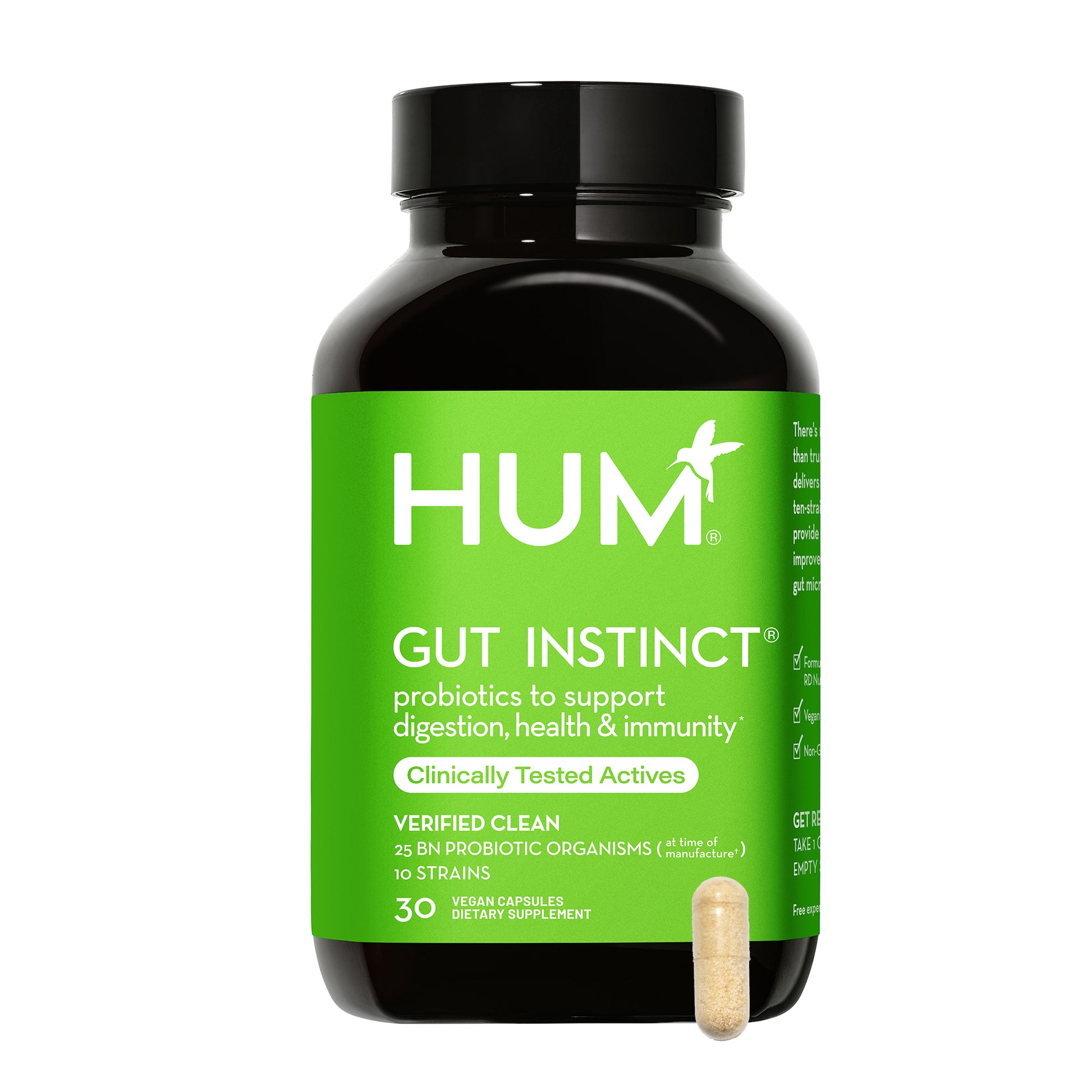Explore the Top-Rated Gut Health Supplement for Long-Term Digestive Health
Explore the Top-Rated Gut Health Supplement for Long-Term Digestive Health
Blog Article
Discover the Key to Food Digestion and Resistance With Intestine Health And Wellness Support

Understanding Intestine Health
Understanding digestive tract wellness is critical for overall health, as it plays a significant function in food digestion, immunity, and also psychological health. The digestive tract, comprising the intestinal system, is accountable for breaking down food, soaking up nutrients, and expelling waste. A balanced intestine environment guarantees effective food digestion, allowing the body to use nutrients properly.
Moreover, gut health and wellness dramatically impacts the immune system. The digestive tract houses a significant section of the body's immune cells, and a healthy gut can assist ward off virus and lower inflammation. Disruptions in gut health and wellness can cause an over active immune feedback, possibly adding to autoimmune disorders and allergies.
Additionally, the digestive tract is typically described as the "2nd mind" because of the gut-brain axis, a complicated interaction network connecting the brain and the digestive tract. This connection influences mood, cognition, and emotional well-being. Issues such as dysbiosis, characterized by an imbalance in gut bacteria, have actually been connected with psychological wellness problems, including stress and anxiety and anxiety.
The Gut Microbiome Explained

The digestive tract microbiome, a diverse community of microbes living in the intestinal tract, plays a crucial duty in preserving gastrointestinal health and total wellness. Comprising trillions of microorganisms, infections, fungi, and various other microorganisms, this complex ecological community help in the digestion of food, the synthesis of important nutrients, and the policy of metabolic processes.
Each person's digestive tract microbiome is distinct, affected by elements such as diet, way of living, genes, and ecological exposures. A well balanced microbiome supports optimum digestion by damaging down complex carbs, producing short-chain fats, and helping with the absorption of nutrients. Conversely, a discrepancy, frequently described as dysbiosis, can result in digestive system disorders, consisting of irritable bowel disorder (IBS) and inflammatory bowel condition (IBD)
Research has shown that a diverse microbiome is related to far better health and wellness end results, underscoring the value of nutritional choices in supporting these microbes. Foods rich in fiber, probiotics, and prebiotics, such as fruits, vegetables, and fermented items, can advertise a healthy microbiome. Comprehending the intestine microbiome is important for establishing targeted treatments focused on improving digestion wellness and preventing intestinal illness.

Link Between Food Digestion and Resistance
A robust link exists between digestion and resistance, highlighting the important duty of the digestive tract in keeping overall health and wellness. The gastrointestinal tract is home to trillions of microbes that form the digestive tract microbiome, which dramatically influences both immune feedbacks and gastrointestinal procedures. This facility community help in damaging down food, absorbing nutrients, and offering necessary metabolites that sustain immune function.
When digestion is efficient, the gut obstacle stays intact, avoiding damaging microorganisms from entering the blood stream. About 70% of the immune system lives in the gut-associated lymphoid tissue (GALT), which interacts very closely with the digestive tract microbiome.
Tips for Supporting Gut Wellness
Supporting intestine health and wellness is important for keeping both digestion effectiveness and a well-functioning body immune system. To promote optimum digestive tract wellness, think about incorporating a number of practical methods into your everyday regimen.
First, prioritize hydration. Consuming alcohol appropriate water sustains digestion and aids preserve the mucosal imp source cellular lining of the intestines. In addition, routine exercise can enhance digestive tract mobility and promote a diverse microbiome.
Conscious eating practices are likewise essential. Chewing food extensively and consuming slowly can help food digestion and prevent overindulging, which might stress the gut. Handling anxiety via strategies such as meditation, yoga, or deep-breathing workouts can favorably affect intestine health, as stress is known to interrupt digestion procedures.
Including prebiotics and probiotics right into your routine is an additional efficient strategy. While specific foods will be gone over later, comprehending the importance of these components is critical. Prebiotics act as explanation food for useful intestine microorganisms, while probiotics introduce live helpful microorganisms.
Last but not least, stay clear of extreme use of prescription antibiotics, as they can interrupt the balance of gut vegetation. By adhering to these ideas, you can substantially add to the upkeep of a healthy gut, which is essential for total wellness and vitality.
Foods That Promote Gut Health

Fermented foods, such as yogurt, kefir, kimchi, and sauerkraut, are abundant in probiotics, which are beneficial microorganisms that sustain digestive tract plants and improve digestion. These foods can aid recover balance in the gut, particularly after antibiotic usage or digestion disturbances.
Along with fermented options, prebiotic foods, such as garlic, onions, asparagus, and bananas, function as nutrients for these probiotics, promoting their growth and task. These soluble fibers support gut mobility and can ease problems like irregularity.
Moreover, including high-fiber foods, including whole grains, fruits, legumes, and veggies, is essential for keeping a healthy intestine. Fiber aids in normal bowel movements and assists click for source prevent digestive system conditions.
Lastly, omega-3 fatty acids located in fatty fish, flaxseeds, and walnuts have anti-inflammatory residential properties that can even more sustain digestive tract wellness. Highlighting these foods in your diet regimen can cause a durable gastrointestinal system and boosted immune function.
Verdict
In final thought, focusing on intestine wellness is important for enhancing digestion and improving resistance. A well balanced digestive tract microbiome, affected by nutritional selections and way of living variables, plays a crucial role in nutrient absorption and inflammation reduction.
Understanding gut health is essential for overall well-being, as it plays a significant role in food digestion, resistance, and also psychological health and wellness. The digestive tract houses a considerable part of the body's immune cells, and a healthy gut can help fend off virus and lower swelling.Furthermore, the digestive tract is typically referred to as the "second mind" due to the gut-brain axis, an intricate interaction network linking the mind and the digestive tract.A robust connection exists in between digestion and immunity, highlighting the critical duty of the digestive tract in maintaining overall wellness.In final thought, prioritizing gut wellness is necessary for enhancing food digestion and boosting immunity.
Report this page